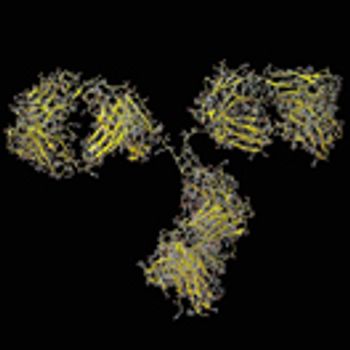
An approach to stabilize PBS-based formulations could provide a simple physiological solution for use of proteins in research, preclinical, diagnostics, and clinical studies, as well as commercial biotherapeutic products.

An approach to stabilize PBS-based formulations could provide a simple physiological solution for use of proteins in research, preclinical, diagnostics, and clinical studies, as well as commercial biotherapeutic products.
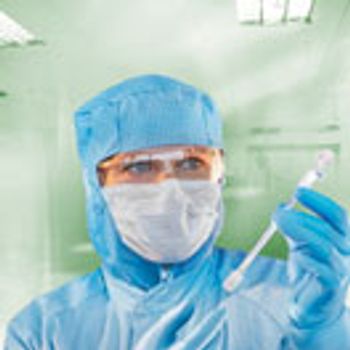
A new virus-retentive membrane may be used to filter chemical-defined cell culture media for risk mitigation.

R-Pharm Group, a private Russian pharmaceutical company, has opened a biopharmaceutical production plant in Yaroslavl, Russia, to produce biologics and biosimilars to treat autoimmune diseases and cancer. The facility, which has a line capacity is 2,000 L of cell culture per production cycle, is ready to be validated to US and Russia FDA and GMP requirements, the company reports.

GE Healthcare’s GE BioPark Cork will hold four KUBio manufacturing facilities; GE will also collaborate with NIBRT for biopharmaceutical training.
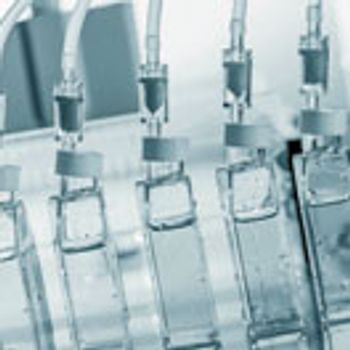
Advances in cell culture media technology have helped achieve safer biologics.

Model effectiveness is determined by the quality and composition of the data inputs.

The platform combines an expression system with equipment and process controls to enable rapid development and scale-up of robust titers.

Jacobs Engineering will provide engineering and construction services to expand the Novartis site in Huningue, France.

Jacobs Engineering Group was awarded a contract to provide engineering services and procurement for Alnylam Pharmaceuticals’ new manufacturing facility in Norton, Massachusetts.

An MIT-developed system uses microbes for manufacturing small amounts of vaccines and other therapies.
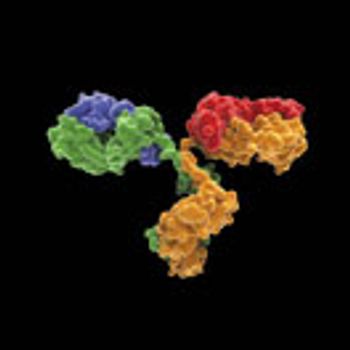
The study demonstrates a systematic approach to stabilize PBS-formulated mAbs against freeze-thaw degradation.

The mAb, in combination with lenalidomide and dexamethasone, or bortezomib and dexamethasone, was granted a Breakthrough Therapy Designation from FDA for the treatment of multiple myeloma.

The company will invest €100 million in the expansion of its Athlone facility.

Novo Nordisk broke ground on an expanded production plant for insulin in Kalundborg, Denmark.

The acquisition will give Bristol-Myers Squibb full rights to Cormorant’s HuMax-IL8 antibody program.
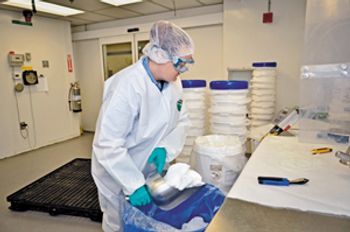
Recent trends in raw materials packaging may impact manufacturing, quality, and cost of biopharmaceuticals.
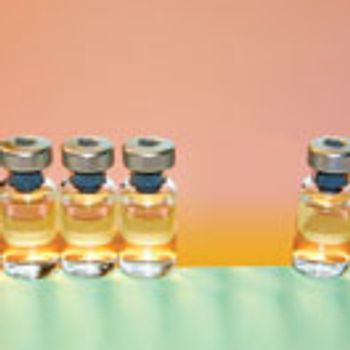
Capacity for complex therapeutics is become increasingly difficult to predict.

A streamlined approach may enhance process efficiency and product quality.

CPhI Pharma Awards seek nominations for excellence in biopharma development and manufacturing.

Pfizer broke ground at its Andover, Massachusetts campus on a clinical manufacturing facility for complex biologics and vaccines.

In Phase III clinical trials, ixekizumab showed to be superior to etanercept and placebo in treating moderate-to-severe plaque psoriasis.

A new 20,000-L microbial biologics facility in Ireland will be operational by 2018 for Fujifilm Diosynth's contract development and manufacturing customers.

The collaboration will provide GMP manufacturing ahead of future clinical studies.

*Updated May 11, 2016Following JHL Biotech’s opening of a FlexFactory flexible manufacturing facility in Hsinchu, Taiwan in 2014, the company opened a second manufacturing location in Wuhan, China on May 10, 2016. According to the company, with the addition of the new Wuhan facility, JHL Biotech will now hold the largest volume of single-use cell-culture capacity in all of Asia.
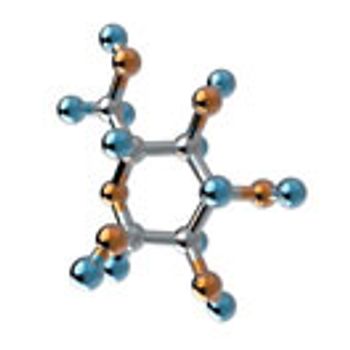
Data acquired from osmolality, glucose, and folic acid tests provides useful information for the specific identification of cell-culture media.